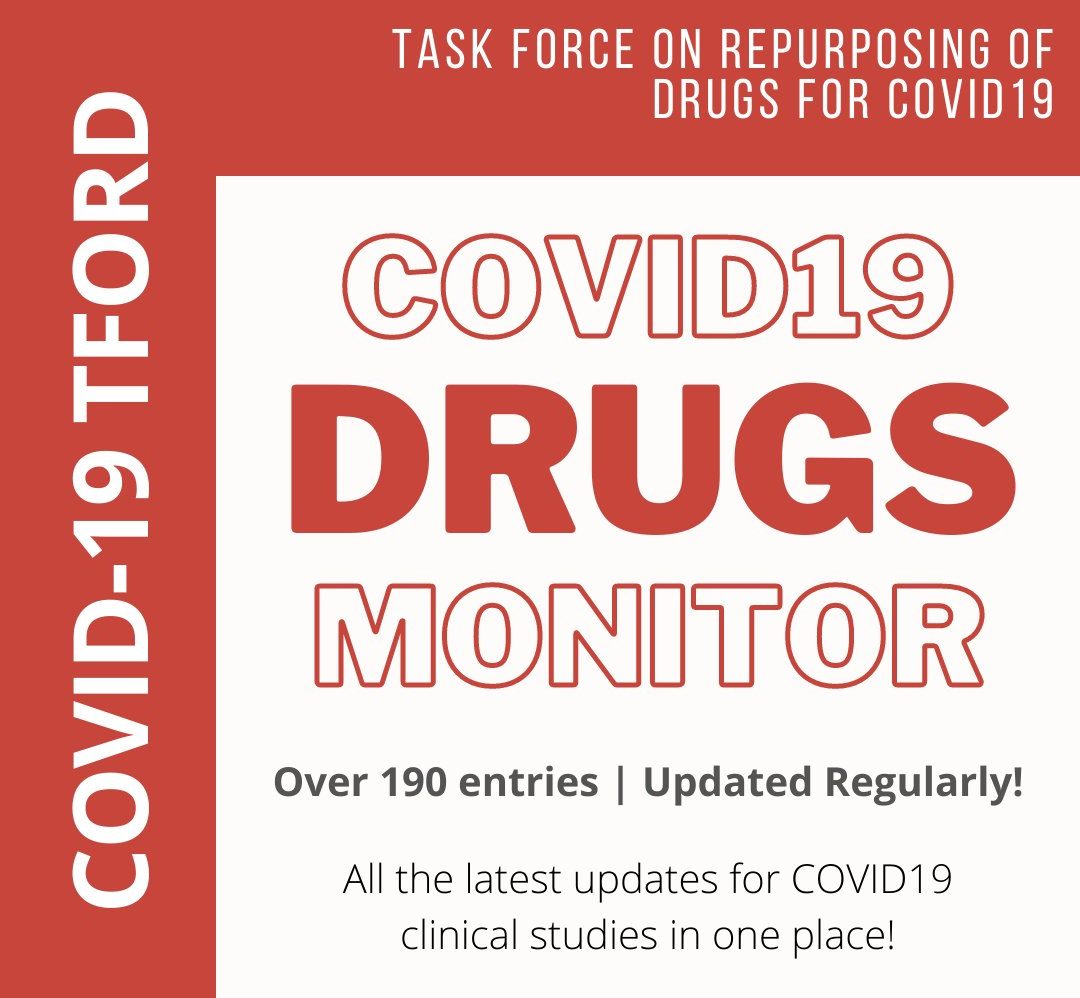(11 Aug 2020) Hydroxychloroquine and Azithromycin-delayed SARS-CoV-2 virus clearance
Time to negative PCR from symptom onset in COVID-19 patients on Hydroxychloroquine and Azithromycin – A real world experience
https://doi.org/10.1101/2020.08.05.20151027
This is a retrospective observational study to assess the effect of HCQ and Azithromycin on duration from symptom onset to negative SARS-CoV-2 PCR using nasopharyngeal swab in hospitalized patient with COVID-19. Eighty-five patients were included in the study, 65 in HCQ (Hydroxychloroquine + Azithromycin) and 20 in non-HCQ group. Measurement of duration from symptom onset to negative PCR and effect of gender, age and disease severity on time to viral clearance was measured. Median time to negative PCR in HCQ group was 23 days (IQR: 9, Mean 24+8, N=65) compared with non-HCQ group, 19 days (IQR: 8, Mean 18+6, N=20), (p <0.05). Forty-one (63%) patients in HCQ group and all patients (100%) in non-HCQ group had mild disease. Multivariate regression model (F=6.8, P<0.002, R2=0.20) shows that being in HCQ group would delay the time to negative PCR by 7 days (95%CI: 2-12) and with every year increase in the age, the time to negative PCR would be delayed by 0.12 days (95%CI: 0.017-0.22). Among HCQ sub-groups, gender and disease severity had no effect on duration (p 0.142 and 0.156 respectively) but older patients >60 year had longer duration compared to patients <60 year of age although p value did not reach significance (p 0.073). Median time to negative PCR in mild-HCQ group (23 days, IQR: 9, Mean 23+8, N=41) was longer when compared with non-HCQ group (p <0.05). On day 28, all patients in non-HCQ group had negative PCR while only 50/65 (77%) were negative in HCQ group. Conclusion: Hydroxychloroquine (HCQ) and azithromycin delay SARS-CoV-2 virus clearance in hospitalized patients with COVID-19 and it is correlated with older age. Larger studies are needed to confirm this finding.
